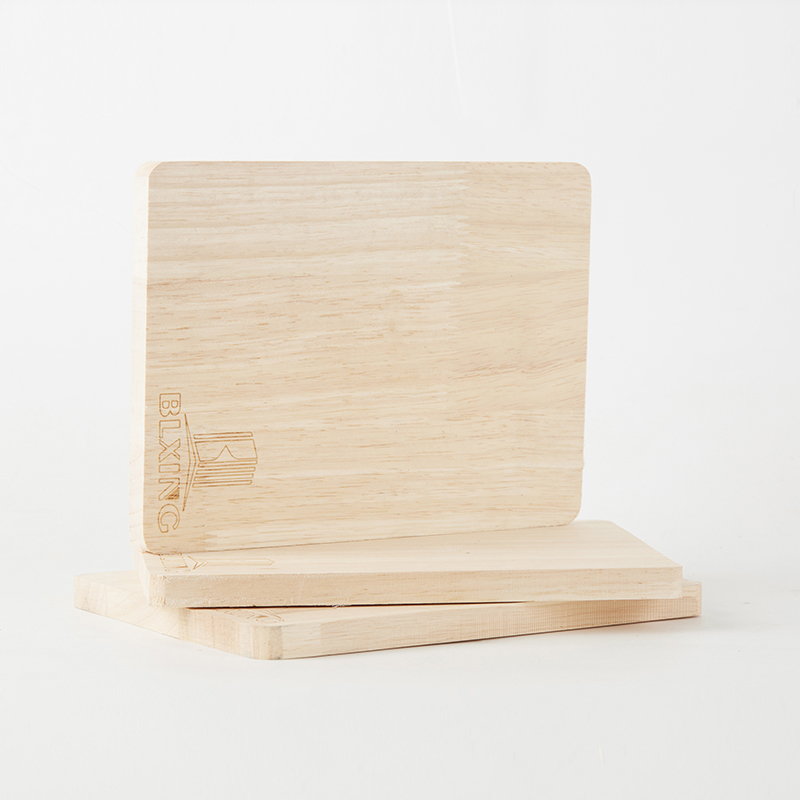CATEGORIES


Finger Joint Panel: A Type of glued laminated timber
Specifications
Finger joint panels vary in specifications based on application and manufacturer. Common parameters include:
Parameter | Details |
Thickness | 12mm, 18mm, 25mm, 30mm (common for furniture); structural panels may exceed 50mm. |
Width | 60mm, 90mm, 120mm (narrow boards can be glued to form panels up to 1200mm wide). |
Length | Standard lengths of 2400mm, 3000mm; custom lengths up to 6000mm. |
Core Material | Radiata pine and rubber |
Joint Patterns: | Straight Finger Joint: Cost-effective for linear bonding. Wavy/Serpentine Finger Joint: Increases glue surface area for enhanced strength. |
Adhesives:
| Eco-friendly PUR (Polyurethane Reactive) glue, meeting E0/E1 standards (formaldehyde emission ≤0.5mg/L). PVAc (Polyvinyl Acetate) glue for economical applications. |
Standards: | Complies with international norms like JAS (Japan), EN 385 (Europe), and ASTM D5055 (USA) for structural engineered wood. |
Advantages
✅High Strength:
Finger joints distribute stress evenly, improving bending strength by 20–30% compared to solid wood, ideal for load-bearing components.
✅Eco-Friendly:
Utilizes wood scraps and short-length timber, reducing waste; low-formaldehyde adhesives align with green certifications (e.g., LEED).
✅Cost-Efficiency:
30–50% cheaper than solid wood, with superior stability and reduced risk of warping or cracking.
✅Dimensional Flexibility:
Customizable for oversized or irregular shapes, overcoming natural wood size limitations.
✅Aesthetic Appeal:
The interlocking joint patterns create decorative lines, often exposed as a modern design element.
Applications
✅Furniture Manufacturing:
Chairs, tables, cabinets, and shelves, balancing strength and affordability.
✅Construction:
Beams, columns, joists, and wall framing, especially in prefabricated modular buildings.
✅Interior Design:
Wall cladding, ceilings, and door cores, finished with veneers or direct coatings.
✅Wood Crafts:
Bases for carvings, photo frames, and intricate designs using small wood pieces.
✅Industrial Packaging:
Durable pallets and crates resistant to moisture and heavy loads.
Technical Trends
✅Automated Production: CNC finger-jointing machines ensure precision (tolerance ≤0.1mm).
✅Advanced Adhesives: Development of formaldehyde-free bio-based glues (e.g., soy protein adhesives).
✅Hybrid Solutions: Combined with OSB, LVL, or other engineered wood products for high-rise construction.
Finger joint panels, through resource optimization and performance enhancements, have become vital in modern woodworking and sustainable building practices.